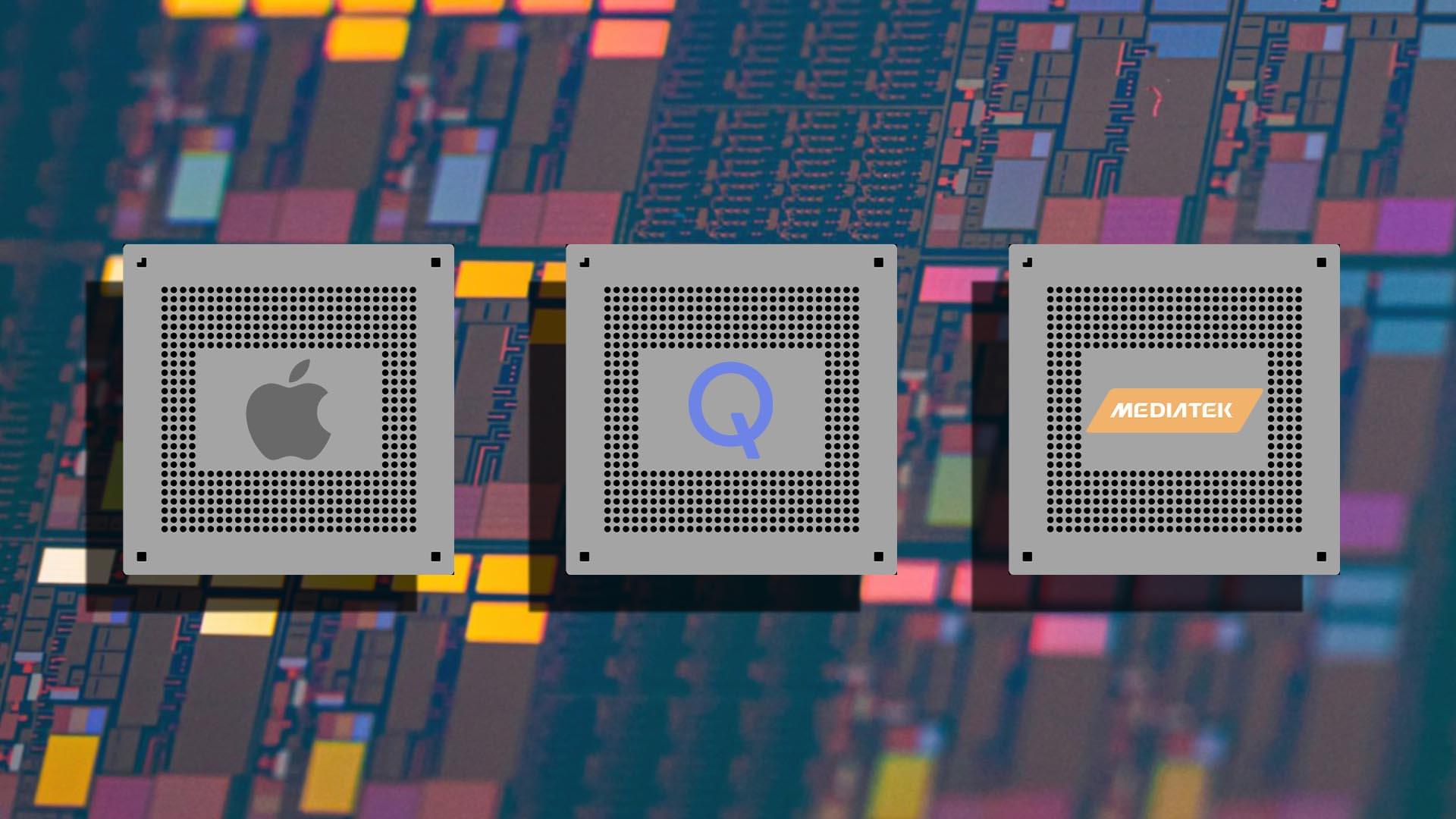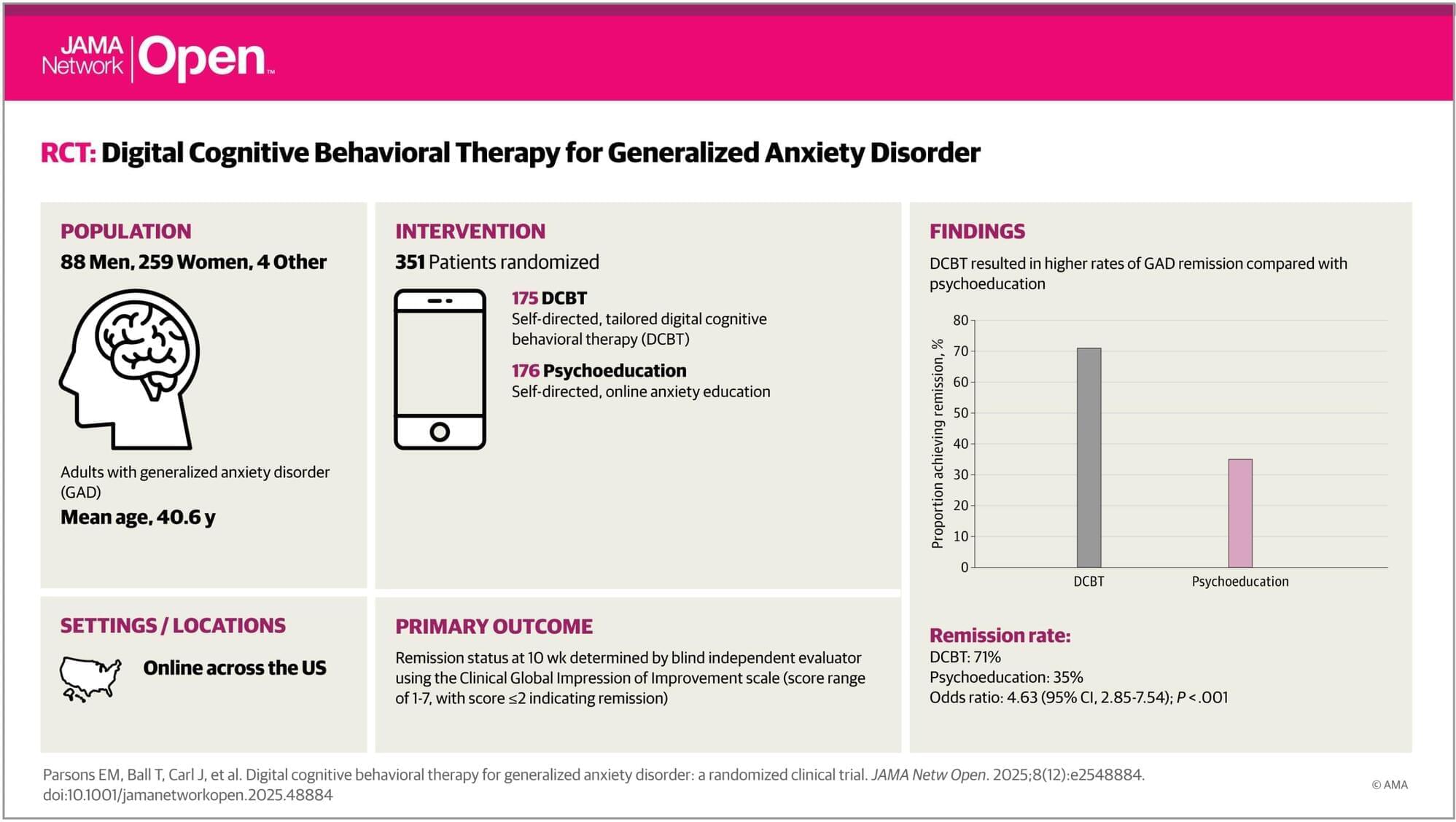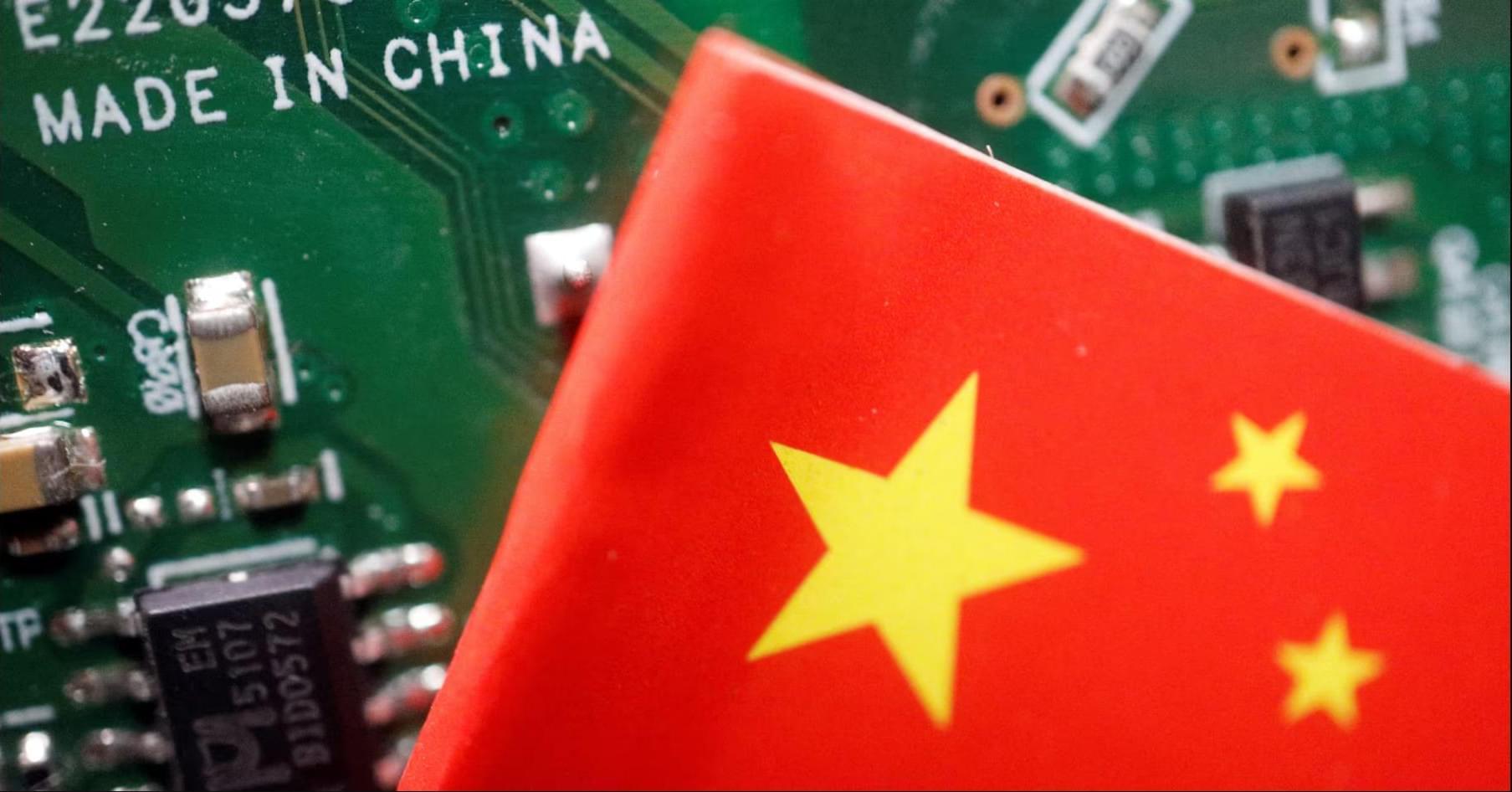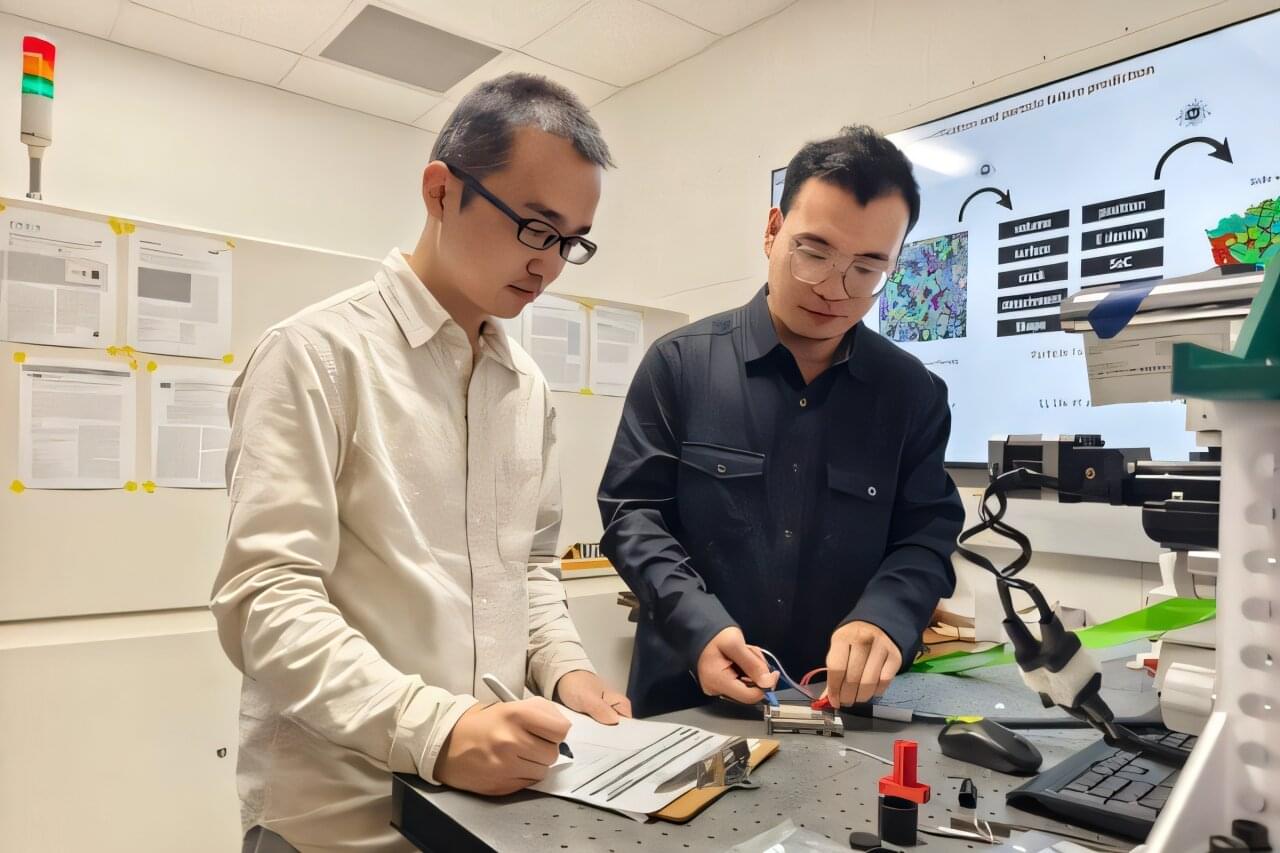This year is the last time that we’ll ever witness the launch of any flagship 3nm chipset, because companies like Apple, Qualcomm, and MediaTek are expected to gravitate to TSMC’s next-generation 2nm process. The Taiwanese semiconductor giant has been reported to have begun mass production, while also investing in three additional facilities to ramp up manufacturing and meet demand.
Apple is said to have secured more than half of TSMC’s initial 2nm capacity, but the latest rumor claims that MediaTek and Qualcomm will unveil their SoCs alongside their competitor in the same month. As for how this will be possible, the tipster states that the production cycle of the 2nm node is longer than TSMC’s 3nm, and the finalization of each chipset will likely be completed earlier.
Qualcomm and MediaTek have been rumored to transition to TSMC’s improved 2nm ‘N2P’ process instead of the ‘N2’ variant to gain an edge over Apple, but according to Smart Chip Insider, all three companies will utilize the same manufacturing process while also unveiling their next-generation SoCs in September. For those unfamiliar, the A20 and A20 Pro are expected to arrive next year for the iPhone 18 series and iPhone Fold, with Qualcomm unveiling not one, but two Snapdragon 8 Elite Gen 6 versions that will be separated by the ‘Pro’ moniker.








